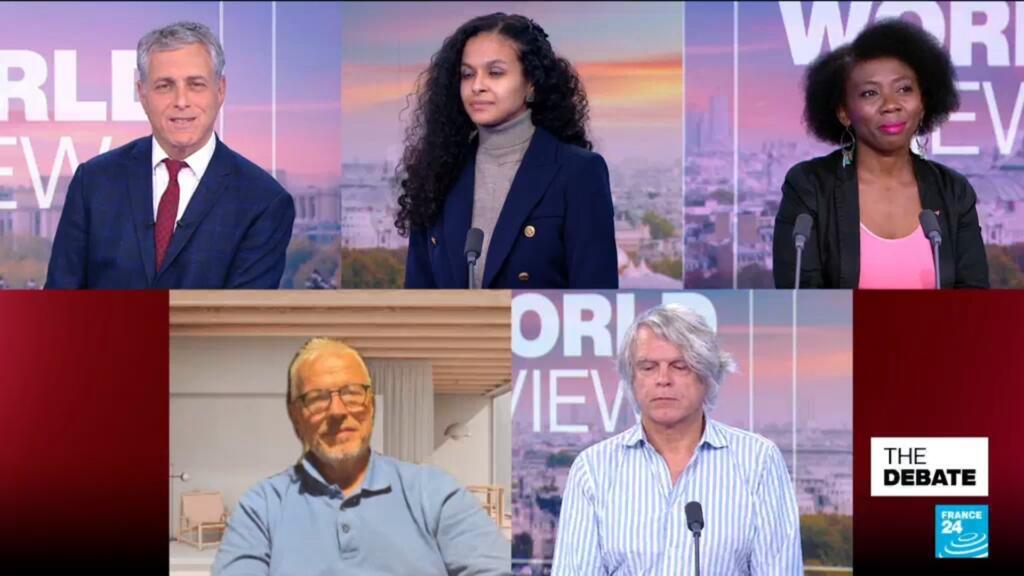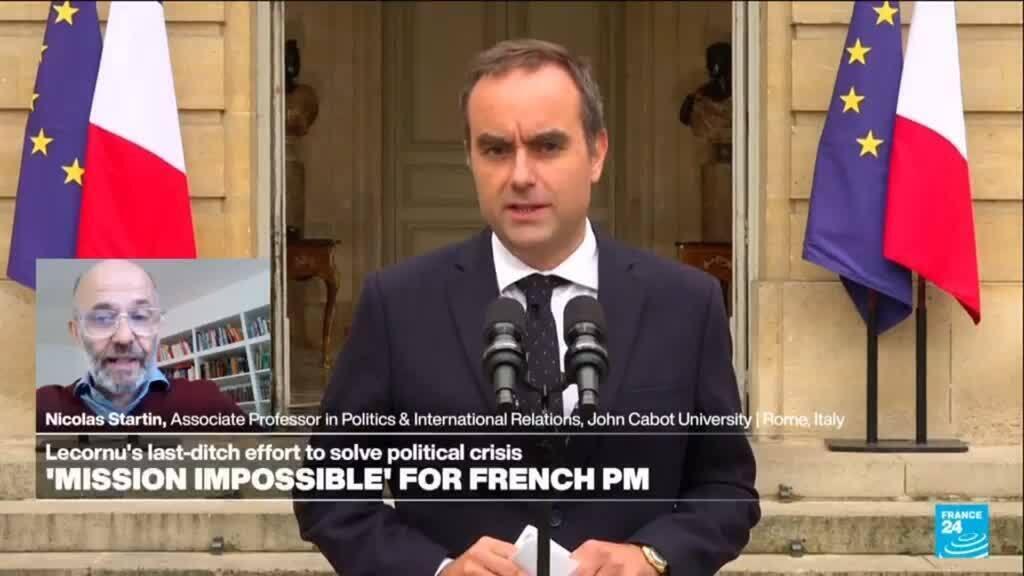French President Emmanuel Macron has faced significant challenges in his administration, particularly with recent leadership instability. He has now lost his third prime minister within just 16 months, a tumultuous period marked by political turmoil and shifting allegiances. This series of events began notably after Macron dissolved the National Assembly, leading to snap elections that ultimately resulted in a weakened majority for his party. This political landscape has made the selection and longevity of prime ministers crucial, yet the situation has proven to be problematic for Macron.
Most recently, Sébastien Lecornu made headlines for breaking a record in the history of the French Fifth Republic by serving as the head of government for a mere 27 days. His abrupt exit from office highlights the ongoing difficulties that Macron faces in stabilizing his administration. Lecornu's short tenure reflects a broader trend of instability and dissatisfaction among the electorate, which has forced Macron to navigate complex political dynamics and public discontent rather than establishing a consistent leadership structure.
The challenges began following the parliamentary dissolution that occurred in early 2022. In the ensuing snap elections, Macron's party lost its outright majority, which placed his government in a precarious position. The struggle to maintain coalition support has made it increasingly difficult to implement key policies, which in turn has affected the political landscape significantly. The loss of prime ministers signifies a crisis of leadership, as Macron attempts to regain control and inject stability into his administration.
Macron's previous prime ministers, who have also faced challenges during their terms, contribute to an alarming trend. The high turnover rate in his cabinet not only undermines the government’s credibility but also raises concerns about the effectiveness of policy-making and governance. The inability to retain leadership for extended periods exacerbates the ongoing uncertainty in French politics, where the president's policies are essential in responding to pressing national issues.
Public perception of Macron’s leadership has also shifted dramatically during this period. The dissatisfaction with his government's performance has led to increased scrutiny of his choice of prime minister and his overall governance style. The appointment of Lecornu, who was expected to bring fresh ideas and a new approach to leadership, has instead resulted in further instability, particularly given his record-breaking exit. This situation has incited public speculation and criticism regarding the president's capacity to lead effectively amidst ongoing challenges.
As the political climate becomes more demanding, Macron faces pressing questions about how to proceed. The need to find a capable leader who can unite differing factions within the parliament is paramount. However, the challenge remains profound, as the French electorate grows increasingly impatient with what they perceive as a lack of decisive leadership. This political crisis not only places pressure on Macron's presidency but also raises questions about the future of his party, La République En Marche! (LREM), and its ability to maintain influence in the French political arena.
In summary, the loss of prime ministers under Emmanuel Macron's government, particularly the unprecedented short tenure of Sébastien Lecornu, underscores the persistent issues facing the French leadership and challenges the effectiveness of his administration. As Macron seeks to stabilize his government and regain the trust of the electorate, the path forward appears fraught with obstacles that could shape the landscape of French politics for years to come.












